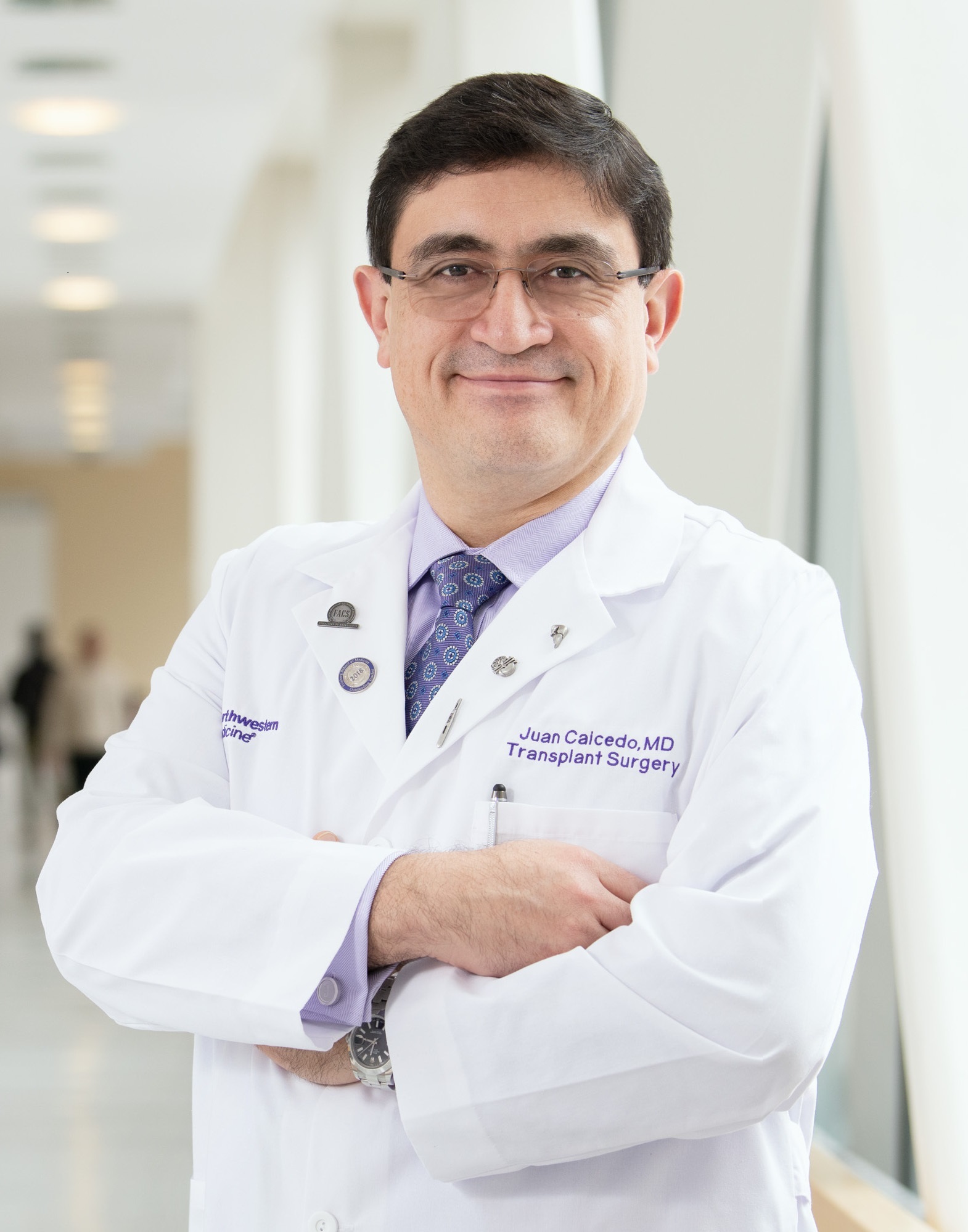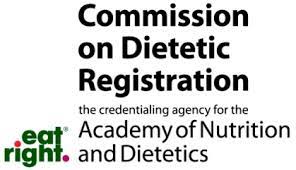
A Model for Transplant Programs: Improving Access to Care
Activity description
This activity consists of a recorded presentation from the "31st Annual National Clinical Conference" held in Bloomington, Minn., Oct. 17-19, 2022.
The health care requirements along the transplant continuum are complex and continuous, involving numerous interventions and requiring the transplant recipient to navigate both a complex diagnosis and the health care system. For health care professionals, understanding the needs of recipients from diverse communities and their accompanying challenges and barriers to care is essential to effect positive transplant outcomes, in light of the fact that disparities in access to solid-organ transplantation among minority patients with end-stage organ failure has been recognized for many years. This session focuses on developing equal access to transplant services for the Hispanic population, as well as on how equity-based approaches can be used as a model for treatment programs for other diseases, such as sickle cell disease, immunodeficiencies, cancer, and other chronic conditions.
Provided by
This activity is provided by Optum Health Education.
Commercial support
There was no commercial support for this activity.
Required hardware/software
Please ensure you are using the web-browser Chrome and disable any pop-up blocking software. Click here for information on how to enable pop-ups.
Target Audience
This activity is designed to meet the educational needs of case managers, nurses, pharmacists, pharmacy technicians, physicians, psychologists, social workers, dietitians, and other health care professionals who are interested in health equity and improving access to solid-organ transplant programs.
Learning Objectives
At the end of this educational activity, participants should be able to:
- Explain the importance of cultural competency in providing optimal care for minority patients.
- Discuss how to improve access to resources that help Hispanic patients navigate the transplant process, including psychosocial support, and thereby achieve better health through transplantation.
- Address the importance of health literacy and the ability to navigate the health care system as related to transplant care and the management of other chronic conditions.
- Describe how the hallmarks of equal access transplant programs can be used as a model for optimizing health equity in treatment approaches for diseases.
Faculty
 Juan C. Caicedo, MD
Juan C. Caicedo, MD
Professor of Surgery
Division of Organ Transplantation
Northwestern Medical Group
Chicago, IL
About the presenter
Juan Caicedo, MD, is a Hispanic, Colombian professor of surgery and a multi-organ adult and pediatric transplant surgeon at Northwestern Memorial Hospital and Lurie Children’s Hospital. He is the surgical director of the Northwestern Liver Transplant Program, director of the Living Donor Liver Transplant Program and director of hepatobiliary surgery. He is also the director and founder of the Hispanic Transplant Program at Northwestern Medicine, a first-of-its-kind program in the country that offers culturally competent and congruent care for Hispanic transplant patients and their families. He completed his medical training and residency in general surgery at the Universidad Nacional de Colombia. He completed three transplant surgery fellowships in kidney, pancreas and liver transplantation; pediatric abdominal-organ transplantation; and hepatobiliary surgery/living-donor liver transplantation at Northwestern Memorial Hospital and Children’s Memorial Hospital in 2006, where he has remained as a faculty member since. In his clinical practice, Dr. Caicedo performs abdominal-organ transplantation for both adults and children with end-stage organ failure. Based on his work, Dr. Caicedo have received several important recognitions and awards including:
- NIH / NIDDK R01 grant (Co-Pi Caicedo/Gordon) titled “A Culturally Targeted Transplant Program to Increase Live Donation in Hispanics.” This is a five-year, $3.8 million grant. The objective of this study is to implement and evaluate the Northwestern Hispanic Kidney Transplant Program (HKTP) as a culturally competent transplant center-based intervention. The study will evaluate the effect of the HKTP’s key culturally sensitive components (outreach, communication and education) on Hispanic Living Donor Kidney Transplantation (LDKT) rates compared to matched controls. The study sites are Mayo Clinic in Phoenix, Ariz.; Baylor University Medical Center in Dallas, Texas; University of Colorado Hospital in Denver, Colo., and Methodist Hospital in Houston, Texas.
- “Life Goes On” award from the Illinois Secretary of State Jesse White for promoting organ donation and transplantation within the Hispanic community.
- Named one of “Top 40 under 40” according to Crain’s Chicago Business for developing the Hispanic Transplant Program at Northwestern Memorial Hospital and for his efforts to increase organ donation and transplantation in the Hispanic community.
- “Heroes for Hope” real-life lifesavers award from Gift of Hope (organ-procurement organization).
- “Gift of Life Award” from the National Kidney Foundation of Illinois for developing, with Dr. Elisa Gordon, a culturally competent website on living kidney donation for Hispanics (www.informate.org).
- Inaugural chair of the American Society of Transplantation (ASTS) minority-issues committee (based on his contributions to solving disparities among minorities, Dr. Caicedo was appointed as chair of an ad hoc committee focusing on minority issues and, because of its contributions, the ASTS made the ad hoc committee and standing committee an essential committee of the society.
- Co-chair, Inclusivity, Diversity, Equity, and Access (to Life)[IDEAL] ASTS task force.
- He was featured as one of the prominent Hispanic physicians in North America in the article, “Un Doctor por Favor: Why We Need More Hispanic Physicians in the U.S., and Why You Should Be One of Them” by Paola Miña-Osorio.
- Chair of the AST International relations committee.
Planning Committee
Elizabeth Albert, MD
Clinical Activity Manager
Optum Health Education
Eden Prairie, MN
Rebecca Gleason, RN, CCM
Activity Manager
Optum Health Education
Eden Prairie, MN
Jennifer Malin, MD, PhD
Senior Vice President and Chief Medical Officer
Optum Health Solutions
Eden Prairie, MN
Tina Rydland, PharmD
President
ArdentCare Solutions
Denver, CO
Disclosures of relevant financial relationships
In accordance with the Accreditation Council for Continuing Medical Education's (ACCME) Standards for Integrity and Independence in Accredited Continuing Education, OptumHealth Education (OHE) requires all those in control of educational content to disclose their financial relationships with ineligible companies within the prior 24 months. Ineligible companies are defined by the ACCME as companies whose primary business is producing, marketing, selling, re-selling, or distributing health care products used by or on patients. Individuals must disclose all financial relationships, regardless of the amount, with ineligible companies and regardless of their view of the relevance of the relationship to the education. OHE ensures that the content is independent of commercial bias.
The activity faculty and planners have no financial relationships to disclose.
Method for calculating CE credit
CE credit was calculated by the complexity of content.
Accreditation Statement In support of improving patient care, Optum Health Education is jointly accredited by the Accreditation Council for Continuing Medical Education (ACCME), the Accreditation Council for Pharmacy Education (ACPE), and the American Nurses Credentialing Center (ANCC) to provide continuing education for the health care team.
In support of improving patient care, Optum Health Education is jointly accredited by the Accreditation Council for Continuing Medical Education (ACCME), the Accreditation Council for Pharmacy Education (ACPE), and the American Nurses Credentialing Center (ANCC) to provide continuing education for the health care team.
Credit designation statements This activity was planned by and for the health care team, and learners will receive 0.75 Interprofessional Continuing Education (IPCE) credits for learning and change.
This activity was planned by and for the health care team, and learners will receive 0.75 Interprofessional Continuing Education (IPCE) credits for learning and change.
Nurses
The participant will be awarded up to 0.75 contact hour(s) of credit for attendance and completion of supplemental materials.
Nurse practitioners
The American Academy of Nurse Practitioners Certification Program (AANPCP) accepts credit from organizations accredited by the ACCME and ANCC.
Pharmacists/Pharmacy technicians
This activity is approved for 0.75 contact hour(s) ([0.075] CEU) in states that recognize ACPE.
Attending the full program will earn 0.75 contact hour(s).
Unique Activity Number(s): JA0007123-0000-23-009-H04-P/T
Physicians
Optum Health Education designates this enduring activity for a maximum of 0.75 AMA PRA Category 1 Credit(s)™. Physicians should claim only the credit commensurate with the extent of their participation in the activity.
PAs
The American Academy of Physician Assistants (AAPA) accepts credit from organizations accredited by the ACCME.
Case managers
The Commission for Case Manager Certification has approved this program for a maximum of 0.75 clock hour(s) for Certified Case Managers (CCM).
Dietitians
Completion of this RD/DTR profession-specific or IPCE activity awards CPEUs (One IPCE credit=One CPEU).
If the ac tivity is dietetics-related but not targeted to RDs or DTRs, CPEUs may be claimed which are commensurate with participation in contact hours (One 60 minute hour=1 CPEU).
tivity is dietetics-related but not targeted to RDs or DTRs, CPEUs may be claimed which are commensurate with participation in contact hours (One 60 minute hour=1 CPEU).
RD's and DTRs are to select activity type 102 in their Activity Log. Performance indicator selection is at the learner's discretion.
Psychologists and social workers
Participants must have attended the entire Web-based activity and completed an evaluation to receive a certificate. Partial credit is not available.
Psychologists
Optum Health Education is approved by the American Psychological Association (APA) to offer continuing education for psychologists. Optum Health Education maintains responsibility for this program. 0.75 CE hour.
Social Workers
| As a Jointly Accredited Organization, Optum Health Education is approved to offer social work continuing education by the Association of Social Work Boards (ASWB) Approved Continuing Education (ACE) program. Organizations, not individual courses, are approved under this program. State and provincial regulatory boards have the final authority to determine whether an individual course may be accepted for continuing education credit. Optum Health Education maintains responsibility for this course. Social workers completing this course receive 0.75 enduring continuing education credit. |
Attendance
A certificate of attendance will be provided to learners upon completion of activity requirements, enabling participants to register with licensing boards or associations that have not been preapproved for credits. To apply for credit types not listed above, participants should use the procedure established by the specific organization with which they wish to obtain credit.
Available Credit
- 0.75 ACPE - Pharmacists
- 0.75 ACPE - Pharmacy Technicians
- 0.75 AMA - Physicians
- 0.75 ANCC - Nurses
- 0.75 APA - Psychologists
- 0.75 Attendance - General Attendance
- 0.75 CCMC - General - Case Managers
- 0.75 CDR - Dietitians
Prior to beginning this activity, please ensure you are using the web-browser Chrome and disable any pop-up blocking software. Click here for information on how to enable pop-ups.
You must be logged into your account to participate in this activity. Get started by clicking the down arrow and then "Start" under “Webcast”; then follow the prompts at the bottom of the screen. At the end of the activity, you will be able to view, save or print your certificate of participation. A complete listing of all of your activities can be found under “My Account,” “My Activities.”

 Facebook
Facebook Twitter
Twitter LinkedIn
LinkedIn Forward
Forward